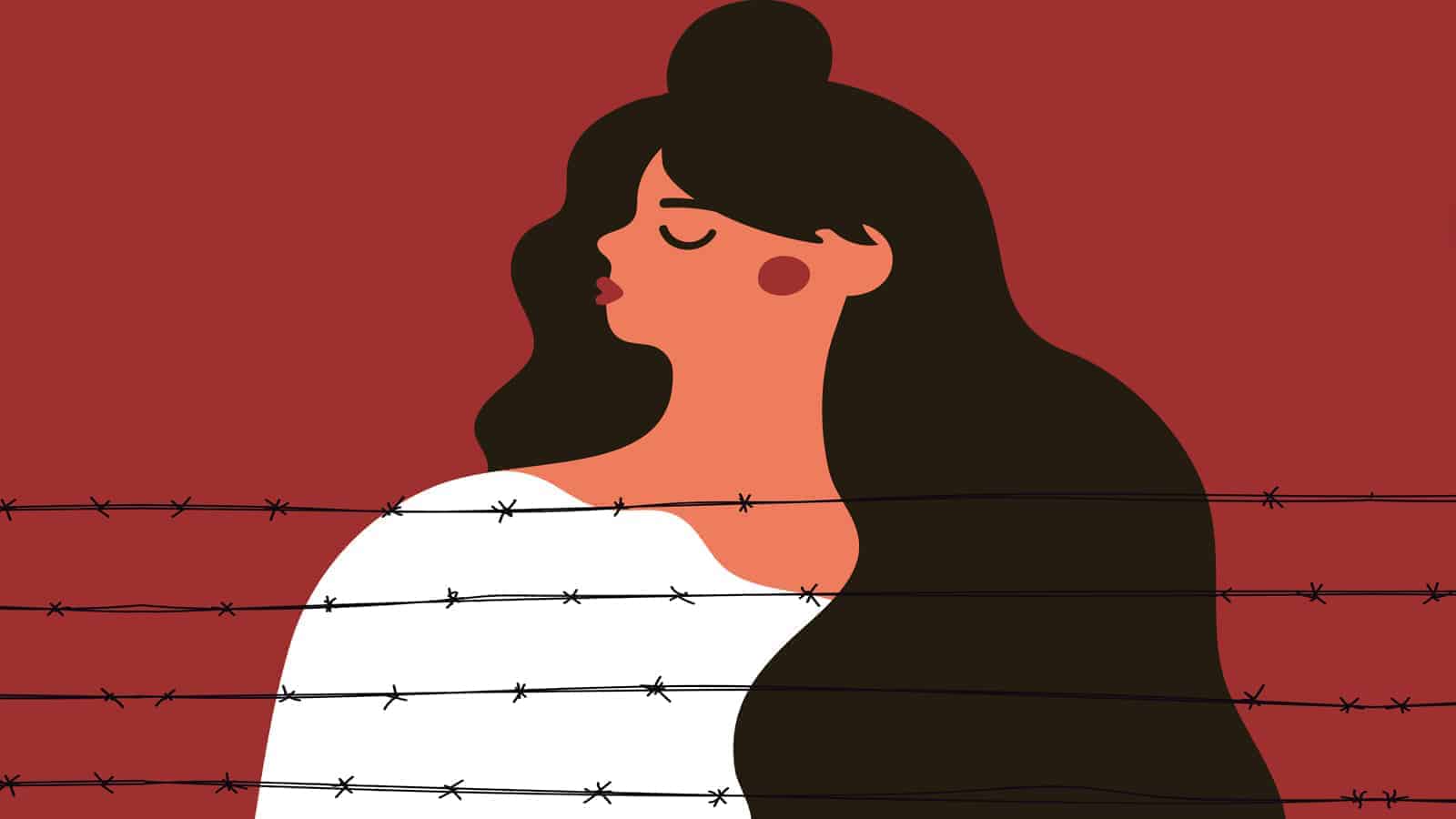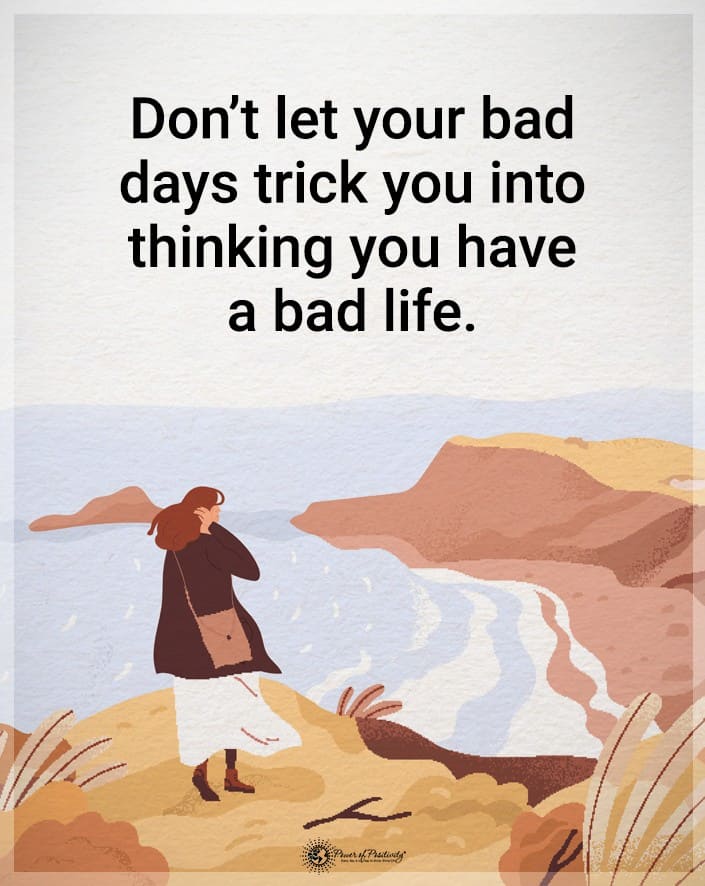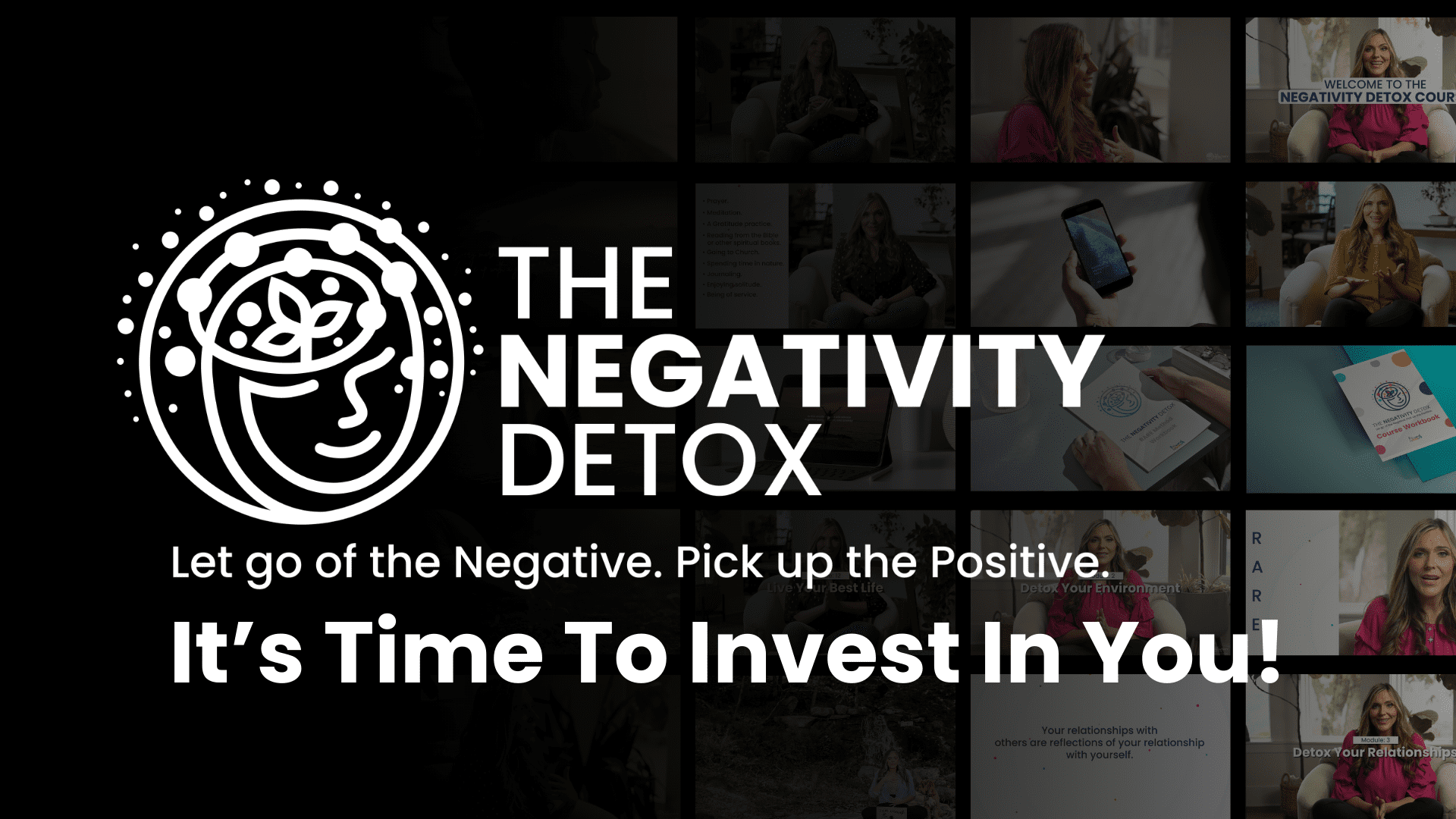Do you often find yourself stuck in uncomfortable and harmful situations? Do you notice that you tend to land squarely in the middle of drama? Or do the people around you always seem to have some new negative issue every day? If you’ve said “yes” to any of those questions, you might be surrounded and be seeking a way to stay away from drama and negativity!
There’s no way to avoid all negativity in your life entirely, and you can’t control whether or not people have drama, either. But there’s a vast difference between a constant barrage of drama and just dealing with the occasional uncomfortable event. If you’re in dire circumstances way more often than neutral and positive ones, you might need to reevaluate your life.
So how can you keep yourself clean of those types of situations? Is it even possible when you’re surrounded by people who seem to attract them? Here are three practical ways to stay away from drama and negativity.
1. Stay Away From Drama By Taking Stock Of Yourself and Your Life
If you find it challenging to stay away from negativity or drama, chances are you’re one of its components. This doesn’t mean you’re starting or fueling drama. Instead, this only suggests that elements of your life and environment put you at risk of that negativity. To fight this, you’ll have to take honest stock of your life and yourself. So take a good, long look at yourself in the following ways:
· Assess The Situations You Find Yourself In
You need to address those events when you’re constantly stuck in situations filled with negativity and drama. What about them made you feel like you were embroiled in drama? Did you feel threatened? If you were involved, how did you react, and what triggered that reaction? You’ll need to process your thoughts and experiences in a way that allows you to reach your roots. Go beyond just looking at the symptoms and find their causes instead.
· Determine Your Boundaries and Limits
Constantly being embroiled in drama against your will can mean that you did not establish clear boundaries. Everyone has different limits, and you’ll need to know what yours are to stave off negativity. Be more aware of the things you’re uncomfortable with and the limitations in your life.
Psychology Today notes that you live a fuller life once you learn how to stay away from drama.
You’ll then need to communicate these boundaries to others and ensure consequences for crossing them. Be honest about how you feel, enforce limits, and deal with those who ignore them quickly. This also includes making and maintaining realistic commitments.
· Assess The Relationships You Have
If those in your life are often involved in some form of drama or other, assess your relationships with them. Are there those you’re close to that tend to create or fuel drama? Are there people in your life who are beacons of negativity? Do your relationships feel positive? Have you surrounded yourself with positive people or negative ones? You’ll want to cultivate balanced, honest, and supportive relationships. If those terms don’t describe your relationships, it may be time to start finding better people to be around.
· Consider Your Unresolved Problems
Do you often find that you’re a crucial component of the drama around you? At the same time, are you not sure why or how you wind up in that cycle? There’s a chance that there are unresolved issues or emotional baggage that you’re not properly managing. These problems can crop up in related and unrelated conflicts, leading to even more drama—the points you need to be resolved correctly and with only the relevant people. Awareness of them can help you stop being led by these issues in other separate conflicts.
2. Adjust Your Interactions With Others to Stay Away From Drama
Drama rarely ever gets stirred up without the presence of more than one person. This means that how you interact with others can be a catalyst in negativity and drama. You’ll need to learn to manage your relationships better – whether they’re platonic, romantic, or familial – to keep the peace. It can be quite a balancing act, but making a few minor adjustments already goes a long way. Here’s how to start:
· Start With The Benefit Of The Doubt
It can be tempting to roll your eyes and assume that someone is starting drama. But often, such an assumption only creates more problems! It’s best to give people the benefit of the doubt first to reduce the risk of drama. This will keep the positive thinking going and can open the door for better communication and interactions.
· Be Present and Aware
Start being alert and fully present when interacting with those who start drama and bring negativity. This will allow you to catch warning signs and note triggers that may spell an upcoming disaster. You’ll also get better at figuring out when it’s best to hold your tongue and stay quiet. In addition, your increased presence in your interactions with others may be enough to diffuse drama. For those who want to be heard or validated, being genuinely mindful without distractions when interacting with them can fill that need.
· Lose The Urge To Please
People-pleasing is exhausting, especially when you have an impulse for virtually everyone. The more you try to please others, the more others will expect, and the worse the drama will be. This kind of behavior also tends to attract negative people who seek to take advantage of you. And that’s not even getting into the resentment that can build up when you people-please excessively!
· Be Honest
Remember those boundaries we discussed? Well, you’ll need to be upfront with someone whose interactions tend to violate yours. Be honest about how much you’re willing to give to a relationship of any kind with them. Be truthful about your emotional bandwidth and what you can do for and with them. If you can’t give them enough, that’s okay! You can go your separate ways. Sometimes, people aren’t meant to be friends or develop relationships. It’s not something that should reflect negatively on either of you, and that’s how you formulate positive circles.
· Mind Your Own Business
A lot of times, you can stay out of drama by staying in your lane. Focus on yourself and your life, and don’t poke your nose where it doesn’t belong. You’ll find your interactions with others are less tense when you haven’t forced your way into them. So don’t give unsolicited advice, don’t add to gossip, or provide your input where it’s not asked for or wanted. Plus, the less time you spend in other people’s beeswax, the less involved you’ll be in whatever drama they have going on!
3. Learn To Minimize The Severity Of Automatic Reactions
When you face a difficult situation, your mind automatically starts racing to find solutions. This distraction means you can easily fall into the trap of relying on reflex when responding to unfavorable circumstances. The automatic reactions you have, while occasionally useful, will often not be the most suited to your situation. This adds more fuel to the fire!
The goal when faced with a difficult situation involving negativity, drama, or the risk of either is to respond mindfully. Instead of reacting on a reflex, you’ll have to pause, be present, and consider your options before taking the next step. After all, reactions are how you wind up saying or doing things you’ll regret, especially in the heat of the moment. To minimize the severity of your automatic reactions, try doing the following:
· Think Before You Act To Stay Away From Drama
It should go without saying that you need to look before you leap. But in heated moments of high emotions, it can be tough to remember how important that is. Stop and take a deep breath first instead of immediately pouncing on the first thing you think and feel. Consider why you’re upset and whether your reaction is rational or helpful. Ask yourself questions and answer them honestly to figure out the roots of your feelings. It might also be wise to ask for a few minutes to breathe or process a situation when you’re in conflict. This will give you and the other people involved the chance to come down from the emotional high.
· Be Kind And Empathetic
When someone comes to you and seems to be inciting drama or bringing drama to you, pause. Consider if that’s the case. A lot of times, people aren’t necessarily bringing negativity to you. They may be trying to vent, so they express frustration because they trust you with their emotions. Lending them a listening ear can create a favorable situation and strengthen your relationship with that person. Of course, you’re not obligated to provide that listening ear. You should enforce the boundaries we mentioned before if you can’t offer emotional support at the moment. Just remember to approach the situation with compassion and understanding instead of negatively reacting to perceived drama!
· Know When To Walk Away
You can’t always be a hero, and you can’t always be an opponent. Sometimes, you’re just a person who doesn’t want to deal with other people’s negativity. At that point, you need to understand that getting up and walking away is okay to maintain your positive thinking. If someone is toxic or highly dramatic, you don’t need to engage with their shenanigans. The option of simply removing yourself from a given situation can be the most effective weapon you have against negativity. Giving someone dramatic even more attention won’t help matters and can often only make the situation worse for you in the long run. So underestimate the power of providing no reaction at all by just walking away!
Final Thoughts On Finding Effective Ways To Stay Away From Drama And Negativity
Life isn’t always sunshine and butterflies. Sometimes, harmful incidents will occur, and drama will be brought into your life. The trick is learning to avoid their most extreme forms so you can focus your energy on managing their unavoidable instances!






















